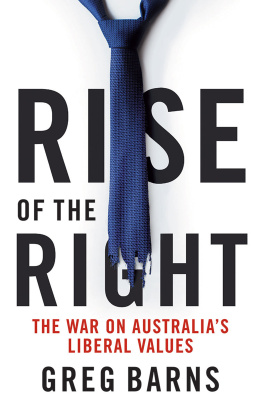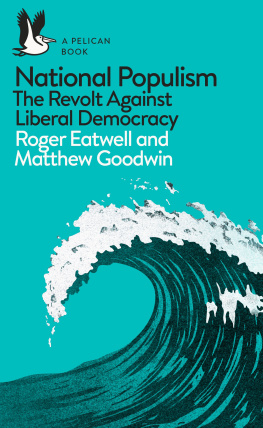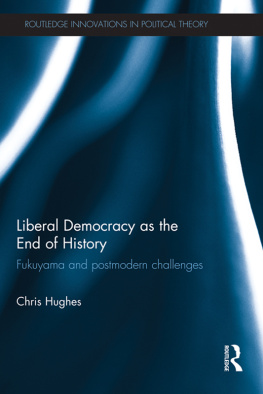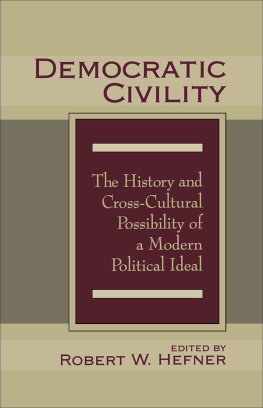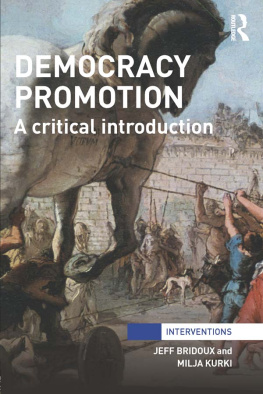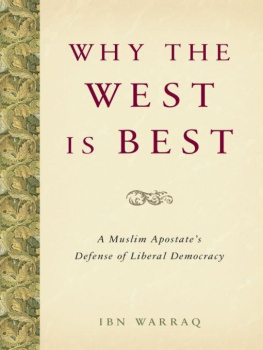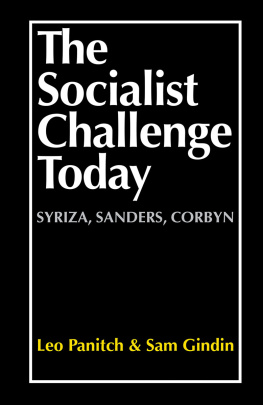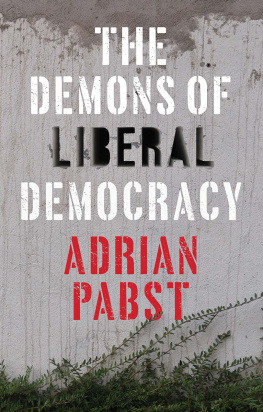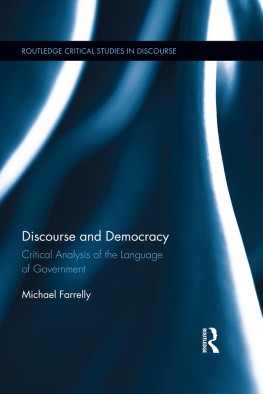The Massey Lectures Series
The Massey Lectures are co-sponsored by CBC Radio, House of Anansi Press, and Massey College in the University of Toronto. The series was created in honour of the Right Honourable Vincent Massey, former governor general of Canada, and was inaugurated in 1961 to provide a forum on radio where major contemporary thinkers could address important issues of our time. This book comprises the fourth series of Massey Lectures, The Real World of Democracy, broadcast in 1965 on CBC Radio. The broadcasts were arranged by Robert McCormack and produced by Lynn Higgins.
C. B. Macpherson
One of Canadas preeminent political theorists, Crawford Brough Macpherson was Professor of Political Science at the University of Toronto. He held degrees in economics from the University of London and the University of Toronto. Earning international renown for his controversial theories regarding liberalism, Macpherson also lectured in England and was a founding member of the International Political Science Association. He held esteemed titles such as Officer of the Order of Canada and Fellow of the Royal Society of Canada. In addition to his academic contributions, Macpherson wrote a number of books including Democracy in Alberta, The Political Theory of Possessive Individualism, Burke, and The Rise and Fall of Economic Justice, and Other Papers. C. B. Macpherson died in 1987. In 1994, the Canadian Political Science Association, of which Macpherson had been a president, founded the C. B. Macpherson Prize, which is awarded annually and honours Canadian writers in the field of political theory.
ALSO BY C. B. MACPHERSON
Democracy in Alberta: Social Credit and the Party System
The Political Theory of Possessive Individualism:
Hobbes to Locke
Democratic Theory: Essays in Retrieval
The Life and Times of Liberal Democracy
Property: Mainstream and Critical Positions
Burke
The Rise and Fall of Economic Justice, and Other Papers
THE REAL WORLD of DEMOCRACY
C.B. MACPHERSON

Copyright 1965 C. B. Macpherson
All rights reserved. No part of this publication may be reproduced or transmitted in any form or by any means, electronic or mechanical, including photocopying, recording, or any information storage and retrieval system, without permission in writing from the publisher.
First published in 1965 by CBC Enterprises/Les Entreprises Radio-Canada Published in 1992 by House of Anansi Press Ltd.
This edition published in 2006 by
House of Anansi Press Inc.
110 Spadina Avenue, Suite 801
Toronto, ON, M5V 2K4
Tel. 416-363-4343
Fax 416-363-1017
www.anansi.ca
Distributed in Canada by
HarperCollins Canada Ltd.
1995 Markham Road
Scarborough, ON, MIB 5M8
Toll free tel. 1-800-387-0117
Distributed in the United States by
Publishers Group West
1700 Fourth Street
Berkeley, CA 94710
Toll free tel. 1-800-788-3123
CBC and Massey College logos used with permission
House of Anansi Press is committed to protecting our natural environment. As part of our efforts, this book is printed on Rolland Enviro paper: it contains 100% post-consumer recycled fibres, is acid-free, and is processed chlorine-free.
10 09 08 07 06 2 3 4 5 6
LIBRARY AND ARCHIVES CANADA CATALOGUING IN PUBLICATION DATA
Macpherson, C. B. (Crawford Brough), 19111987
The real world of democracy
(CBC Massey lectures series)
ISBN-13: 978-0-88784-530-7
ISBN-10: 0-88784-530-4
I. Democracy. I. Title II. Series.
JC433.M231992 321.8 C92-094028-3
Library of Congress Control Number: 2006927556
Cover design: Bill Douglas at The Bang
Typesetting: Sandra Caya

We acknowledge for their financial support of our publishing program the Canada Council for the Arts, the Ontario Arts Council, and the Government of Canada through the Book Publishing Industry Development Program (BPIDP).
Printed and bound in Canada
THE REAL WORLD of DEMOCRACY
I
OLD AND NEW DIMENSIONS OF DEMOCRACY
THERE IS A GOOD DEAL of muddle about democracy. I mean not that democracy itself consists of muddling through (though this could be argued), but that our thinking about democracy is muddled. This is partly due to boredom. We are tired of hearing that democracy is in crisis, tired of being asked anxiously to furbish up the image of democracy. We would rather get on with the business of living. So we dont give it much of a thought. Or if we do, we are apt to be put off by the confusion we find in what we read and hear about it. At bottom, the muddle about democracy is due to a genuine confusion as to what democracy is supposed to be about. For the word democracy has changed its meaning more than once, and in more than one direction.
Democracy used to be a bad word. Everybody who was anybody knew that democracy, in its original sense of rule by the people or government in accordance with the will of the bulk of the people, would be a bad thing fatal to individual freedom and to all the graces of civilized living. That was the position taken by pretty nearly all men of intelligence from the earliest historical times down to about a hundred years ago. Then, within fifty years, democracy became a good thing. Its full acceptance into the ranks of respectability was apparent by the time of the First World War, a war which the Western allied leaders could proclaim was fought to make the world safe for democracy. Since then, in the last fifty years, democracy has remained a good thing so much so that everybody claims to have it. Revolutions have been made against our kind of democracy our Western liberal democracy in the name of proletarian democracy, of peoples democracy and of several varieties of African and Asian democracy. And these revolutions have altered the face of the world quite considerably. Democracy has become an ambiguous thing, with different meanings even apparently opposite meanings for different peoples.
It is clear that the real world of democracy has changed. And it is probable that it will go on changing. We in the West are gradually realizing that the West no longer has a monopoly of civilization or world leadership. Old habits of thought die hard. It has not been easy to give up the assumption that the future was bound to go our way. It was a fair enough assumption until a few decades ago. Most of the backward countries were in colonial tutelage to liberal-democratic states, and it was assumed that before being granted independence they were to be brought along to the point where they would run themselves on liberal-democratic lines. True, one substantial part of the world had rejected the liberal-democratic way as early as 1917, with the Russian revolution and the formation of the Soviet Union. But until the Second World War, this could be regarded in the West as something outside the mainstream of world development, and even as something bound to break down and revert ultimately to the otherwise dominant pattern.
In the last twenty years all this has changed. The Soviet Union is no longer considered unviable: its achievements during the war and its subsequent technological advances have made this clear. Most of Eastern Europe has been brought into the Soviet orbit, and is no longer regarded as likely to move into the liberal-democratic pattern. China has moved entirely outside the Western orbit. And on top of all this, most of the underdeveloped areas of Africa and South and East Asia have achieved independence in circumstances which have led them to become one-party states. With few exceptions they have not moved into the Soviet camp (nor do I think they are likely to do so) but they have pretty decisively rejected both the ethos and the actual institutions of our individualist liberal-democracy. And all these countries consider themselves to be democracies.
Next page

